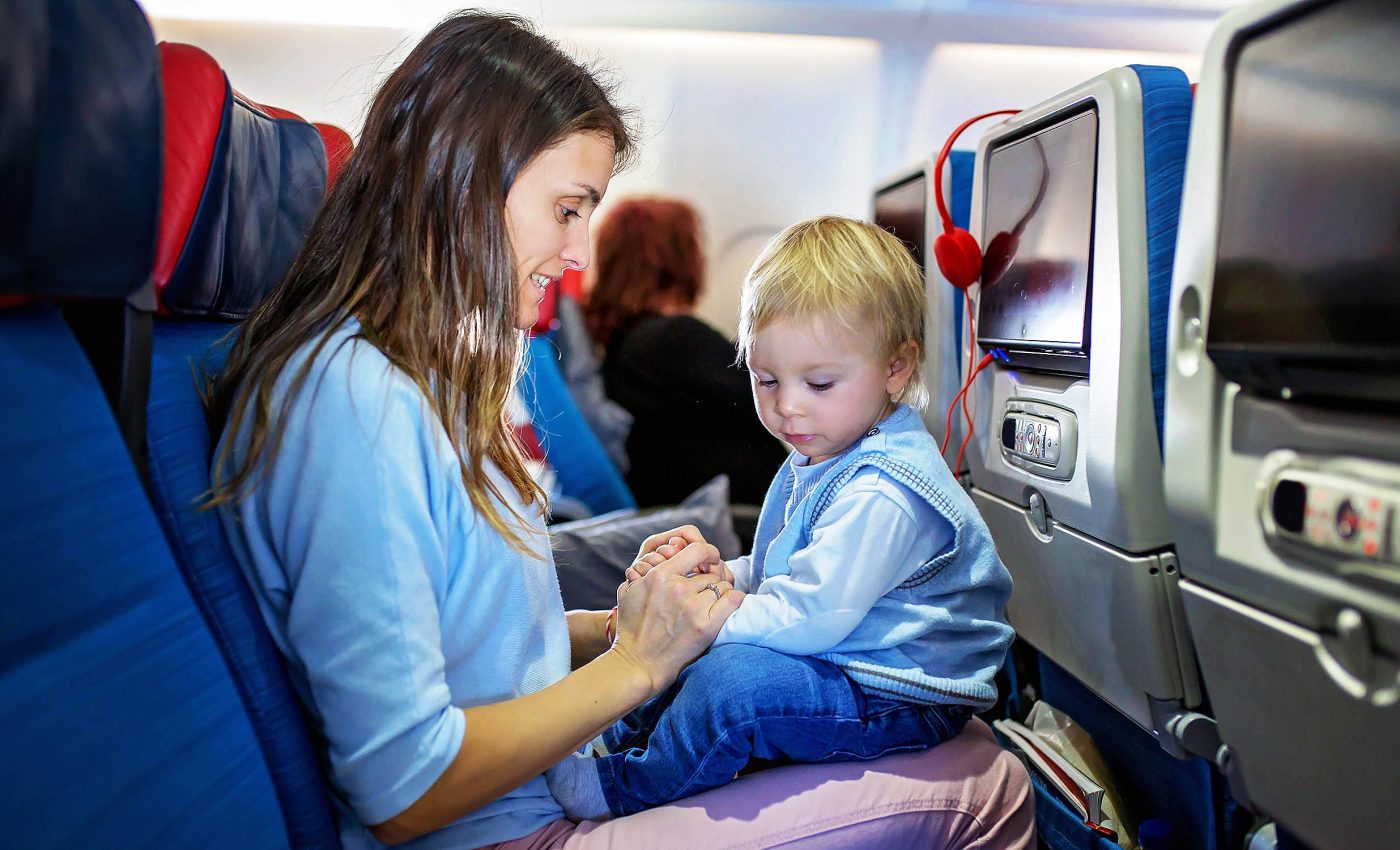
Airline flights may be slowed down intentionally to fight climate change
Have you ever sworn under your breath as your flight is delayed or you’ve been sitting on the runway for ages? Or maybe you have vibrated with unease just thinking about being so high up in the air in a chunk of metal, especially with the thought of a slower flight?
You are not alone, and you may not find comfort in recent research on air travel. Scientists propose that we should all sit a little longer in that seat in the skies for the sake of our planet.
The researchers suggest that aircraft should fly 15% slower to help curb carbon emissions. This might sound like a recipe for higher anxiety and restless leg syndrome, but, it’s for the greater good.
Slower flights, longer travel time
Here’s how it works — flying slower could increase transatlantic flight times by ‘about 50 minutes’, according to the report from the University of Cambridge.
This reduction in speed can help planes burn about 7% less fuel, and that’s a big saving when it comes to carbon footprint.
The idea seems to find a nice balance between our nerves, our hectic schedules, and our need to protect Mother Earth.
This bold plan is part of a report, titled ‘Five Years to Chart a New Future for Aviation’. This document lays out three ‘bold efficiency measures’ designed to reduce the aviation industry’s fuel burn.
Now, let’s take a closer look at these three measures.
Bold measures for a cleaner future
- Accelerated replacement: The report suggests increasing aircraft production to cut the average age of the fleet in half. That’s one way to have a mid-life crisis.
- Fly slower: As we’ve already discussed, reducing flight speed can increase our in-flight time.
- Match range: More aircraft should operate closer to their design range by introducing new types of aircraft and tweaking purchasing and operating practices.
These aren’t just hot air proposals. The report goes on to explain that conventional measures such as new aircraft and engine technologies and operational efficiency can lead to up to a 22% reduction in fuel burn by 2050.
But, several daring efficiency measures that are currently out of reach could reduce fuel burn by up to 50% by 2050.
What’s the catch?
Well, the first bold measure involves accelerated fleet replacement, aiming to cut the aircraft retirement age from 30 to 15 years by 2050.
According to our Cambridge experts, this change alone could cut back on fuel burn by around 14%.
The slower flying speed already discussed could reduce fuel burn by roughly 7%. But here is the kicker — the scientists understand this might not be so popular among passengers.
“One drawback of reducing speed is the potential negative impact on airline productivity and passenger acceptance, especially for longer flights,” they warn.
Even the smartest minds know that passengers aren’t going to be thrilled about longer flights, but they remind us that this change could potentially mean less time spent twiddling thumbs at the airport.
The third measure involves ensuring more aircraft are flown close to their designed range, which could knock down fuel burn by another 7%.
Passenger concerns on slower flights
While the proposed strategies promise significant environmental benefits, they also invite a host of passenger concerns that must be thoughtfully navigated.
The potential inconvenience of extended flight durations might be mitigated by enhanced in-flight experiences.
Airlines could invest in diversifying entertainment options or improving seating comfort to ensure passengers enjoy their journeys.
Regular communication about the environmental impact of these measures could promote a sense of participation in global sustainability efforts among travelers.
Ultimately, bridging the gap between passenger expectations and sustainable aviation practices requires innovative approaches that prioritize both comfort and conscientiousness.
The path forward
As the world grapples with the urgent need to address climate change, the aviation industry stands at a critical juncture to redefine its future.
The bold measures outlined in the Cambridge report present a compelling case for transformative action within the sector.
However, achieving these goals requires concerted collaboration among aviation stakeholders, policymakers, and innovators.
Investments in research and development, policy incentives, and public awareness campaigns will be crucial in overcoming technical and societal barriers.
By embracing the potential of these efficiency measures, the aviation industry can lead the way toward a cleaner, more sustainable future that aligns with global environmental stewardship goals.
Fear of flying
The idea of slower and longer flights might not sit well with those of us who get anxious about air travel. Known as aerophobia, this fear affects about one in 10 people.
According to Anxiety UK, the fear of flying can be linked to a fear of airplanes themselves or could be part of other psychological problems such as panic attacks, claustrophobia, or post-traumatic stress disorder.
The report is published in Aviation Impact Accelerator.
—–
Like what you read? Subscribe to our newsletter for engaging articles, exclusive content, and the latest updates.
Check us out on EarthSnap, a free app brought to you by Eric Ralls and Earth.com.
—–













